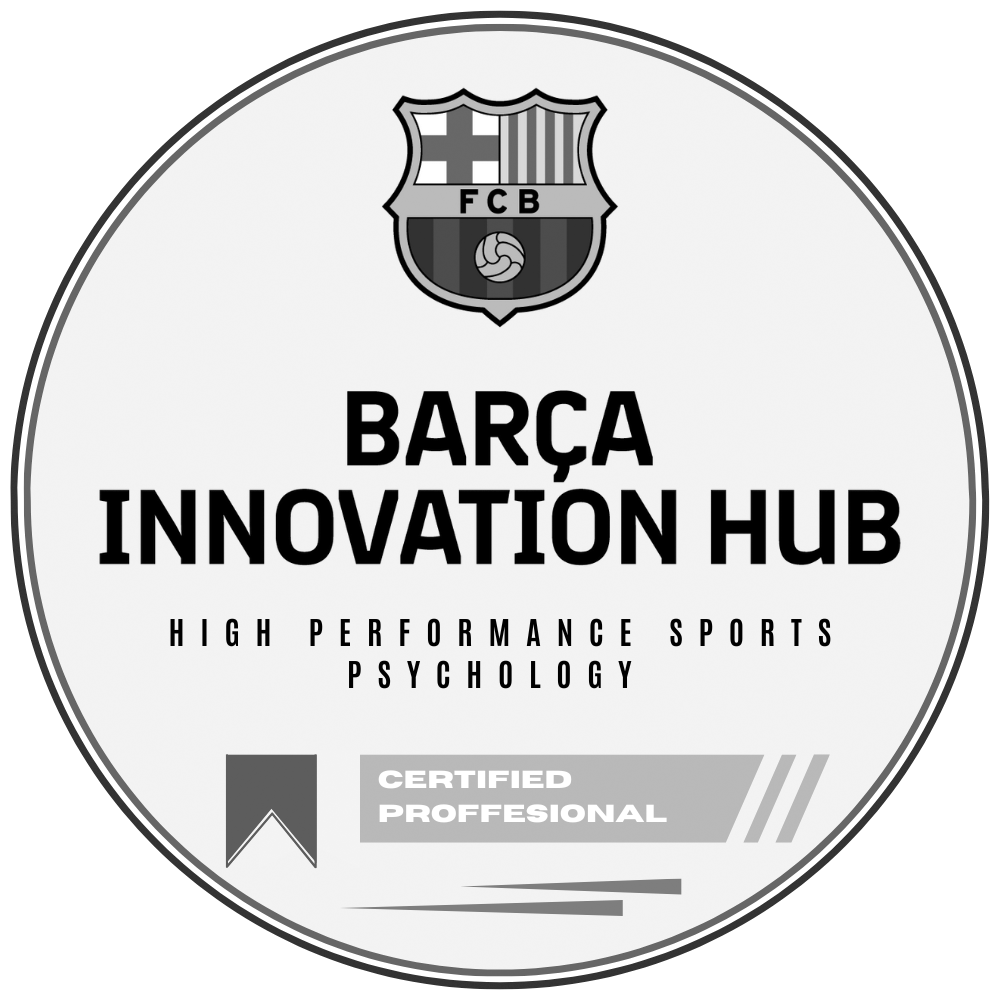Have you ever witnessed a perfectly planned family business meeting unravel in mere moments? I have—and it wasn’t due to poor preparation. It was because something deeper was missed.
You can have a flawless financial model, bulletproof estate plan, or tax-efficient structure—but if you can’t sit with a family in the raw discomfort of transition, your advice won’t land. I’ve watched world-class lawyers, accountants, and wealth managers walk into family business meetings armed with spreadsheets and credentials, only to walk out bewildered. Their plans were technically impeccable. Their presence? Absent.
What separates a successful advisor to enterprise families from the rest isn’t mastery of financial tools—it’s mastery of emotional presence. The ability to sense the undercurrent in the room, to hold silence when someone tears up, to ask the question no one else dares to voice. In short, to become a thought partner. A consigliere. A trusted voice not just for strategy, but for meaning.
When Advice Isn’t Enough
A routine financial meeting took a sudden turn. Five minutes in, spreadsheets were forgotten as grief filled the room.
I remember one particular meeting. A senior banker invited me to join a conversation with a third-generation family business. He thought they needed advice on portfolio allocation. But five minutes in, it became clear: this wasn’t about investment strategy. It was about legacy, identity, and grief.
The patriarch had passed unexpectedly nine months ago. The eldest daughter sat silently, trying to hold the family together. The youngest son kept circling back to numbers—fixating on business performance to avoid the pain. In that moment, what they needed wasn’t a financial plan. They needed someone who could be still, listen deeply and sense the unspoken.
That shift—from technical expert to emotional ally—is the essence of the consigliere mindset.
The Myth of the All-Knowing Expert
Traditional training molds us to become the smartest person in the room. In finance, law, and accounting, you’re taught to bring the answer. To fix. To perform.
But enterprise families don’t want a walking encyclopedia. They want someone who can walk with them—through uncertainty, conflict, and transition. They want someone who can see the whole picture: not just the numbers, but the history behind them. The pain behind the conflict. The dreams underneath the structure.
Technical expertise can design the perfect bridge, but emotional intelligence guides the family safely across.
Emotional complexity isn’t just a side dish—it’s the main course in family enterprises. Yet, most advisors aren’t trained for it. I've seen brilliant professionals crumble at tears, silence, or disagreement, retreating quickly to their comfort zones—charts, clauses, and calculations.
That’s exactly why they fail.
When the Advisor Becomes the Manager—and Fails
Six months in, tensions simmered beneath the surface. Siblings barely spoke, and the matriarch’s silent tears echoed in the boardroom.
Not long ago, I watched an exceptional tax advisor get promoted to run a newly established family office. On paper, he was perfect: sharp, efficient, well-connected. He knew the numbers backward. He’d built structures that saved the family millions. So when the family formalized their office, he seemed like the natural choice. Yet, soon after taking on his new role, things unraveled.
What went wrong?
He treated the family office like a corporate department, seeing family members as clients, not as people. He froze when the matriarch cried, dismissed the youngest daughter’s push for impact investing as “idealistic,” and failed to mediate tensions between estranged siblings. He failed—not because he lacked competence, but because he lacked relational intelligence.
Brilliant technician. Wrong role.
The job required more than strategy. It required presence. The ability to read emotional undercurrents, hold conflicting perspectives, and build trust slowly, day by day. It required a shift in mindset—from control to curiosity, from execution to facilitation.
Eventually, the family brought in someone else. Not a CPA. Not a lawyer. A former COO with strong listening skills and an instinct for family dynamics. He didn’t try to impress. He tried to understand. Within a year, the office stabilized.
Technical skill gets you hired; emotional skill keeps you employed.
Why Technical Excellence Falls Short
Don’t get me wrong—technical excellence is essential but no longer a differentiator. Information is abundant. Trust, however, is scarce.
Trust isn’t built on IQ. It’s built on EQ.
And emotional intelligence doesn’t mean being “soft.” It means being able to:
• Read the emotional room. Understand who is holding back, who’s posturing, who’s protecting whom.
• Hold tension. Not everything can be solved in one meeting. Some truths must emerge slowly.
• Ask powerful, non-transactional questions. Ones that reveal what matters most.
• Operate in ambiguity. Family dynamics rarely follow linear logic.
• Balance empathy with influence. You’re not just a shoulder to cry on—you’re a catalyst for clarity.
One of my clients captured this perfectly when she said, “We can find another accountant tomorrow—but someone who understands us? That’s priceless.” Another echoed a similar sentiment: “I don’t just need someone to manage my money. I need someone who can manage a dinner with my siblings without it turning into war.”
The Cost of Ignoring the Emotional Underbelly
I’ve seen advisors fail when they ignore the emotional architecture of a family. They roll out governance structures without addressing trust. They design succession plans without talking about worthiness. They name heirs without acknowledging sibling rivalry. And then they wonder why everything unravels.
One family I worked with had spent over a million dollars on a tax-efficient ownership structure. It sat in a drawer for three years. Why? Because the three siblings at the helm weren’t speaking. The issue wasn’t legal. It was emotional: envy, pride, and mistrust.
Another advisor once told me, “I did everything right on paper. But somehow, I still got fired.” That “somehow” was the fact that he bulldozed over a quiet but influential matriarch, misread a key emotional alliance, and assumed logic would win the day.
Logic never does—at least not alone.
The Consiglieri Mindset
The term consigliere conjures up images of loyalty, discretion, and insight. For enterprise families, this means becoming both a strategic and emotional ally. You're not there to dominate; you're there to:
• Hold multiple truths—a daughter's drive for innovation and a father's fear of change.
• Invite the unsaid gently but directly into the conversation.
• Co-create meaning, rather than imposing it.
• Bring clarity, not just solutions.
This shift doesn’t mean abandoning your expertise. It means integrating it with empathy and presence. You stop trying to “fix” and start trying to “understand.” You become more curious than certain.
You become a mirror that reflects deeper truths.
Why So Many Advisors Struggle
The truth? It’s easier to hide behind spreadsheets than to sit in discomfort. Many advisors struggle with being uncomfortable. They rush to solutions before truly listening, attacking technical problems while avoiding the deeper, adaptive challenges. They fear becoming irrelevant if they don't provide immediate answers.
But enterprise families don’t need more answers—they need better questions. They need space to explore their values, contradictions, and fears.
Some of the best advisors I know started failing less when they started speaking less.
So, What Makes a Thought Partner?
Here’s what sets true thought partners apart from transactional advisors:

If you want to move into this space, ask yourself:
• When was the last time you let silence do the heavy lifting?
• Can you sense when someone’s nodding but not agreeing?
• Do you have the courage to name what no one else will?
Daily Practice for Becoming a Consigliere
It’s about practice, not personality:
• Practice pausing. Don’t rush to respond. Let others speak fully.
• Practice empathy. Imagine what this moment feels like for each person at the table.
• Practice systemic thinking. Every behavior has a history. Every family has a pattern.
• Practice humility. Your value is not in being right. It’s in being authentic.
The families I work with don’t remember my best tax idea—they remember how I made them feel when things were messy, uncertain, or conflicted.
That’s when your presence is your power.
Final Thoughts
The future of advising enterprise families doesn’t belong to the smartest person in the room. It belongs to the one who can stay in the room when emotions run high. To the one who can integrate strategy with soul.
To the one who knows that behind every legal structure is a story. Behind every governance chart is grief. And behind every succession plan is someone trying to be seen.
That’s the kind of advisor enterprise families are looking for.
The only question is—are you ready to become one?
#FamilyBusiness #EnterpriseFamilies #FamilyOffice #SuccessionPlanning #WealthManagement #EmotionalIntelligence #FamilyGovernance #ThoughtLeadership #BusinessAdvisor #RelationalIntelligence #LegacyPlanning #TrustedAdvisor



.svg.png)










.png)


